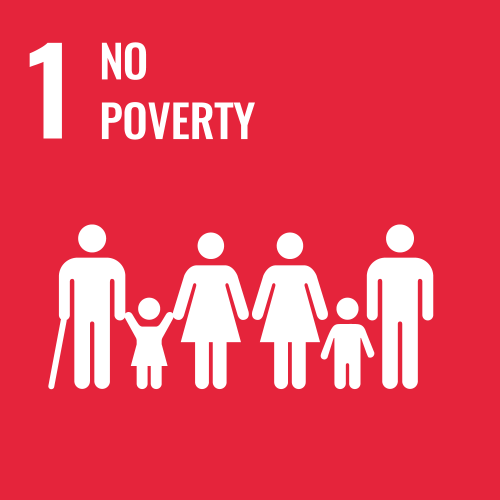
09/03/2020
The FIIAPP was present at the forum through its director, Anna Terrón Cusí
Representatives from Latin American and European Union countries met in Mexico to hold the “Latin America-EU Dialogue on Regional Cooperation”. The objective of the forum was to address the ‘comparative advantages’ so that both regions achieve renewed bi-regional cooperation in the face of global challenges.
“The partnership between Latin America and the European Union is key and offers a unique space for common institutional dialogue on the configuration of new forms of cooperation,” said the Mexican Foreign Ministry in a statement.
The director of the FIIAPP, Anna Terrón, took the floor to highlight the Foundation’s role in matters of governance, peace, security and development nexus, and migration. A role that is developed through the projects financed by the European Union. “Governance is the added value that we at the FIIAPP contribute to Euro-Latin American cooperation and the main regional programmes,” she said.
During the second day of the forum, the director explained the relevance of the projects in whose management the FIIAPP participates in promoting and contributing to causes such as peace and security. “It is essential that we build a shared governance between the European Union and Latin America in this area.”
The director also valued the experience of the FIIAPP to adapt the regional programmes to the strategic demands of the countries and stressed the importance of “leaving no one behind”, so that inequalities, social cohesion, gender equality, equal opportunities might be the backbone of the European Union’s external action with Latin America and the Caribbean.
Jolita Butkeviciene, Director for Latin America and the Caribbean of the European Commission’s Directorate General for Cooperation and Development (DEVCO), explained the ways in which the regions can work together: “An association means establishing innovative, flexible and adaptable cooperation structures and instruments capable of offering specific responses to the multiple realities of development and taking advantage of our partners’ strengthened abilities.”








